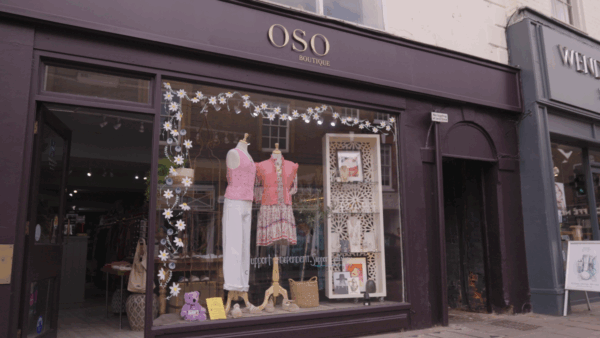As shoplifting rises by a quarter in England and Wales according to the ONS, independent retailers are calling on the government to offer security grants so that stores can be better equipped to deal with the problem.
Incidents of theft have increased by 27% across ten of the largest cities in the UK, with some cities up as much as 68%. The nature of these crimes has changed, with perpetrators becoming bolder, and many retailers reporting increasing links to organised-crime activity.
The British Retail Consortium (BRC) has written to Mayors and Police and Crime Commissioners across the UK to ask them to do more to protect retail workers. The BRC’s most recent crime survey found that incidents of violence and abuse against retail employees have almost doubled on pre-pandemic levels. Incidents, which include racial and sexual abuse, physical assault, and threats with weapons, have risen from the pre-Covid high of over 450 per day in 2019/20, to over 850 per day last year.
Speaking to Convenience Store magazine, the national president of the Federation of Independent Retailers (The Fed), Muntazir Dipoti said: “Shop theft is not victimless. It blights the lives of independent retailers on a daily basis and has significant implications for a store’s viability.”
Mr Dipoti, who owns Todmorden News in Calderdale, West Yorkshire, added that as many retailers failed to report shop theft because of poor police responses, the scale of the problem could be much worse.
“Retailers are disillusioned by the lack of police action when crimes are committed so they do not report them. It is, therefore, possible that the number of cases of shop theft over this period could be even higher.”
He said: “Tackling shop theft has to be given the energy and priority it deserves from the police and the justice system and independent retailers should be given financial support so they can invest in better-quality CCTV to protect them, their staff and their businesses.”
The Fed’s decision to push the government for grants to improve their security systems was taken at its Annual Conference in June where delegates spoke of the need for quality CCTV images for police to successfully gain prosecutions. However, they warned that good quality systems were expensive to buy.
Helen Dickinson, Chief Executive of the British Retail Consortium, said: “Every time I speak with retailers, crime is getting worse. Thieves are becoming bolder, and more aggressive. Violence and abusive behaviour are on the rise. Many employees are facing threats with weapons, physical assault, and racial and sexual abuse. Retailers are playing their part, investing nearly £1bn into crime prevention measures in the past year alone. But more needs to be done.”
Acknowledging that there is a serious problem, police forces are pledging to devote more resources and time to tackle reported offences, including shoplifting, where there is a ‘reasonable lead’, such as CCTV footage or eyewitness accounts.
Mr Dipoti said: “After so many years of police forces appearing to turn a blind eye to shoplifting offences, the Fed is pleased to hear that these crimes will be investigated, provided there is evidence available to help lead to a conviction. However, we are interested in action and not just words, so the Fed will be writing to chief constables and police and crime commissioners to ensure that officers do act when cases of shop theft are reported.”
Has your shop experienced a rise in shoplifting and would you welcome government assistance? Please leave any comments below the article.


















